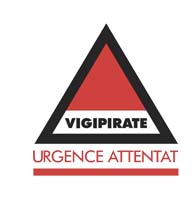Fragments Norén
artistic director Amélie Wendling
Vx-Colombier
Vx-Colombier
Fragments Norén
2023-04-24 20:30:00 2023-04-24 23:30:00
“All I know is that I know nothing.” It is rare to come across people who can claim to be the living embodiment of this maxim. Lars Norén is one such person.
The figure he cut, his presence in the silence, his gaze, piercing other people and events to the bone as if he was nourished by their singularity in order to produce works of art. A man who simply listened to the world without judgement, with the acute awareness that death is the very essence of life. Lars Norén wrote and directed two plays for the Comédie-Française. Concerning Pur, which was produced at the Théâtre du Vieux-Colombier in 2009, Éric Ruf comments: “It is one of the most beautiful and powerful productions I have ever seen at the Comédie-Française. There was nothing spectacular about it, except a prodigious direction of actors and a rare depth.” In 2018, the Swedish playwright returned to the Comédie-Française with Poussière [Dust]. “I could not have written this play until I was the age I am today. I am also in the final years of my life and this play allows me to face my own anxieties and my own journey. It is a play about the end, about goodbyes, about memories. A beautiful and melancholic play that never stops talking about life”, he stated at the time. Born in 1944 in Stockholm, Lars Norén was published at the age of 18. A poet for twenty years, he switched to the theatre in 1980, following a dream. He then wrote over a hundred plays. His writing, which has taken on different forms over the years, is divided into several periods according to the themes addressed. At first his plays were autobiographical (Night is the Mother of Day, Chaos is God’s neighbour, etc.), then came realistic and unflinching texts that focused on the neuroses of families and couples. These works, which feature bourgeois quartets in closed settings (The Vigil, Demons, etc.), earned him international fame. Later, he explored the world of capitalism and the collective image we have of ourselves in his so-called death plays. In 1998, with Category 3.1, he left the narrow circle of the family to go to the places where the most deprived, the excluded, the marginalised, all those who no longer have a voice in contemporary society, are to be found. His theatre thus became “sociological”. In the early twenty-first century, his writing entered a new phase: his works evoke encounters in non-linear time, beginnings and endings, farewells and death. The tone became more existentialist. From 2002 onwards, in addition to his plays, he published his theatre diaries, several collections of poetry and two works on philosophy.
Under the artistic direction of Amélie Wendling, his collaborator and translator in France, the Troupe will pay tribute for one evening to one of the most important playwrights of the last fifty years, who died in January 2021. The evening will span all the periods of his writing, allowing the audience to discover or rediscover the different tones and facets of his work.
with the generous support of Aline Foriel-Destezet, great ambassador of artistic creation
NEW PRODUCTION
TICKETS GO ON SALE
23 JAN
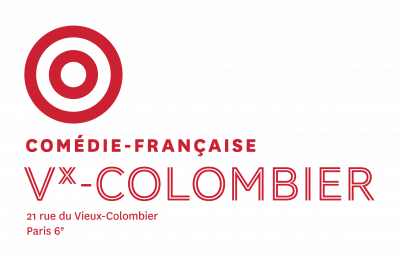
Creative team
Artistic direction: Amélie Wendling
Distribution
the company
-
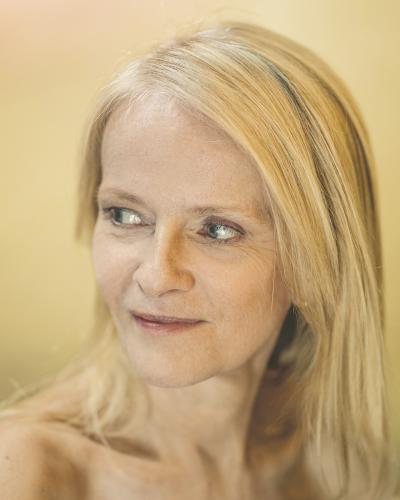
Anne
See biography
Kessler -
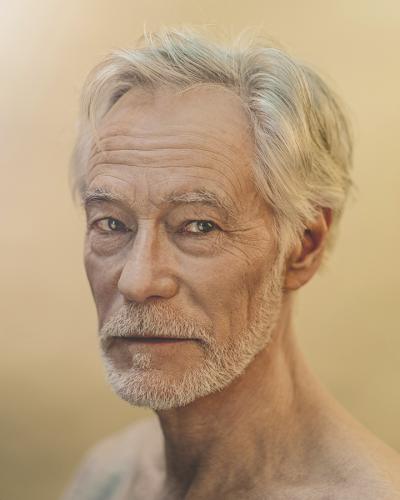
Alain
See biography
Lenglet -
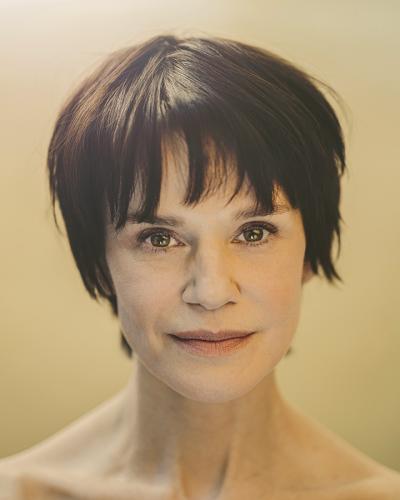
Françoise
See biography
Gillard -
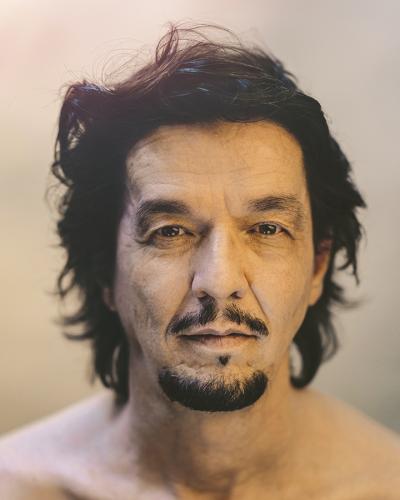
Pierre
Louis-Calixte -
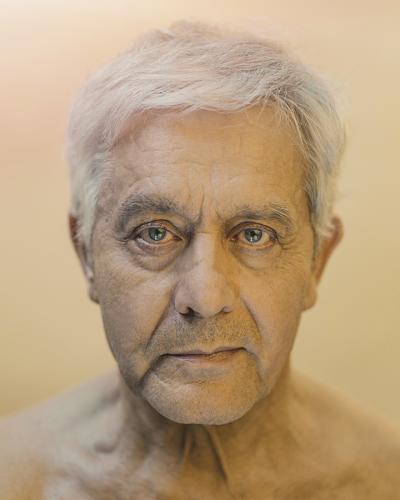
Didier
See biography
Sandre -
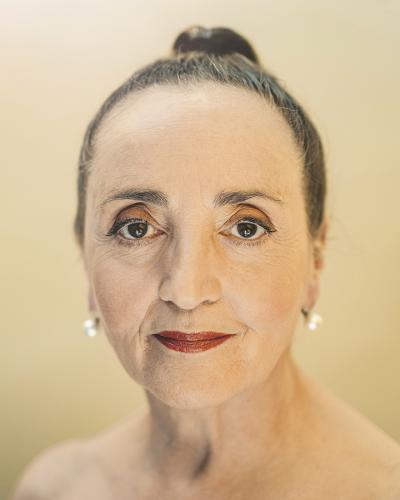
Dominique
See biography
Blanc -
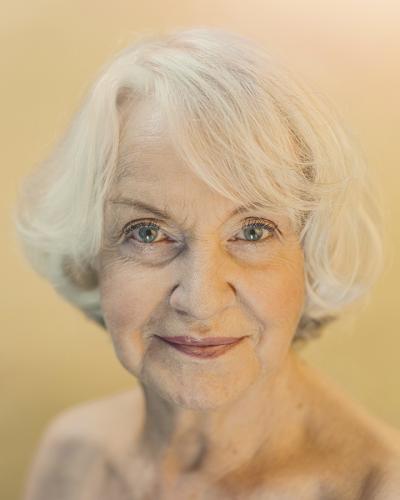
Danièle
See biography
Lebrun -
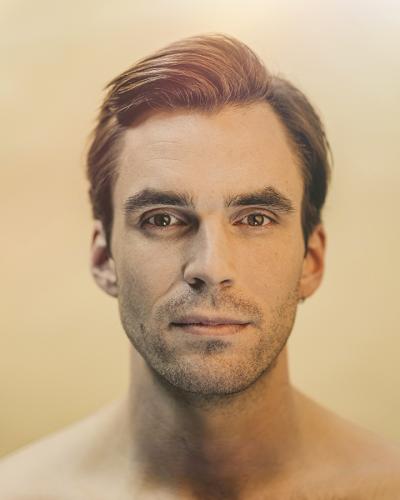
Yoann
See biography
Gasiorowski
Calendar
-
2023-04-24 20:30:00
2023-04-24 20:30:00
de 10 à 16 €
